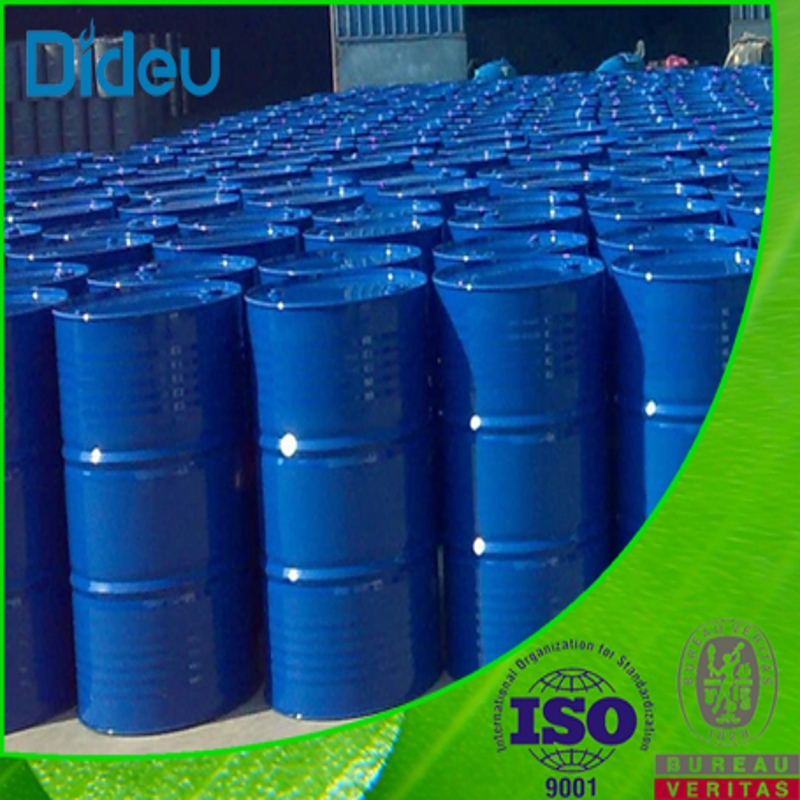-
Categories
-
Pharmaceutical Intermediates
-
Active Pharmaceutical Ingredients
-
Food Additives
- Industrial Coatings
- Agrochemicals
- Dyes and Pigments
- Surfactant
- Flavors and Fragrances
- Chemical Reagents
- Catalyst and Auxiliary
- Natural Products
- Inorganic Chemistry
-
Organic Chemistry
-
Biochemical Engineering
- Analytical Chemistry
-
Cosmetic Ingredient
- Water Treatment Chemical
-
Pharmaceutical Intermediates
Promotion
ECHEMI Mall
Wholesale
Weekly Price
Exhibition
News
-
Trade Service
Explore the new world---standardized course "Prostate Cancer Standardized Diagnosis and Treatment College" project is sponsored by the Beijing Medical Award Foundation, guided by the Chinese Anti-Cancer Association Urology and Andrology Reproductive Tumor Committee, and fully supported by Yimaitong.
Among them, the "Prostate Cancer Standardized Diagnosis and Treatment Course" aims to promote and promote the knowledge of standardized diagnosis and treatment of prostate cancer, and improve the academic level and professional skills in the field of prostate cancer across the country.
The fifth "Prostate Cancer Standardized Diagnosis and Treatment Course", the fifth is the "Full-process Standardized Management of Prostate Cancer" brought by Professor Guo Gang from the PLA General Hospital: Click to watch the highlights video! Highlights of the video In recent years, the incidence of prostate cancer in my country has risen sharply, which is a serious threat to the health of the people.
Strengthening the standardized management of prostate cancer can achieve precise and individualized treatment and maximize the survival benefits of patients.
For patients with early prostate cancer, radical treatment is the gold standard.
For patients with intermediate and advanced stages, the comprehensive consideration of MDT in multiple treatment modes including surgery, radiotherapy, and drug therapy can maximize the survival benefits of patients.
So, what are the main points of the standardized management of prostate cancer? How to better realize the standardized management of prostate cancer in the whole process? This issue of "Standardized Management of Prostate Cancer" will discuss and share all aspects of prostate cancer diagnosis, treatment, follow-up, diagnosis and treatment after recurrence, etc.
in detail, aiming to enhance the concept and level of standardized management of clinical prostate cancer and improve The long-term prognosis of the patient.
To watch the full video, please
Among them, the "Prostate Cancer Standardized Diagnosis and Treatment Course" aims to promote and promote the knowledge of standardized diagnosis and treatment of prostate cancer, and improve the academic level and professional skills in the field of prostate cancer across the country.
The fifth "Prostate Cancer Standardized Diagnosis and Treatment Course", the fifth is the "Full-process Standardized Management of Prostate Cancer" brought by Professor Guo Gang from the PLA General Hospital: Click to watch the highlights video! Highlights of the video In recent years, the incidence of prostate cancer in my country has risen sharply, which is a serious threat to the health of the people.
Strengthening the standardized management of prostate cancer can achieve precise and individualized treatment and maximize the survival benefits of patients.
For patients with early prostate cancer, radical treatment is the gold standard.
For patients with intermediate and advanced stages, the comprehensive consideration of MDT in multiple treatment modes including surgery, radiotherapy, and drug therapy can maximize the survival benefits of patients.
So, what are the main points of the standardized management of prostate cancer? How to better realize the standardized management of prostate cancer in the whole process? This issue of "Standardized Management of Prostate Cancer" will discuss and share all aspects of prostate cancer diagnosis, treatment, follow-up, diagnosis and treatment after recurrence, etc.
in detail, aiming to enhance the concept and level of standardized management of clinical prostate cancer and improve The long-term prognosis of the patient.
To watch the full video, please







